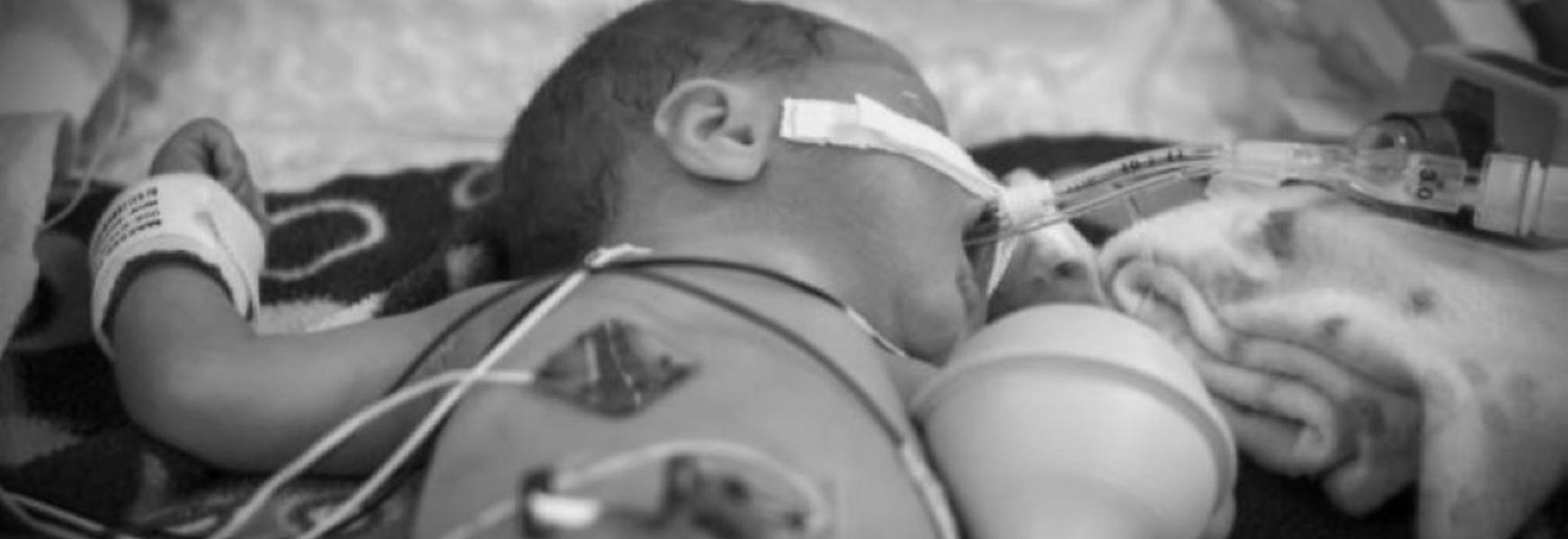Community Advisory Board Sessions
Who participated?
-Parents of children who spent time in the UCSF NICU and identified as Black/African-American or Hispanic/Latinx
-Staff members who take care of babies in the UCSF NICU
What happened at CAB sessions?
-The REJOICE study team shared Quantitative & Qualitative data from Phase 1 with CAB in sessions 1 & 2. Recommendations were developed to improve the ICN. Discussions occured over 4 sessions lasting 4 hours each from 2022-2023.
What were the recommendations from the CAB?
1. Neonatal Doula: A person who can act as a family liasion/advocate. Ideally they would help orient a family into the NICU (who is who? what is what?), be a third-party advocate for families who might not know what to advocate for in the moment, diminish the power differential between health care providers and parents. Ideally a neonatal doula would be racially and language concordant. They would have general knowledge about mental health, breastfeeding, postpartum care, grief, loss, and trauma or know who to contact for families to get these resources.
2. Robust ICN Education: Regular goals and milestones. Providers always communicate a plan even if there is uncertainty. A road map or resource sheet, that is easily located in each room to know where to obtain resources. An orientation to the NICU video and in-person orientation navigation (neonatal doula).
3. Staff Humanism: Minimum Criteria for staff, everyday, every encounter: greeting, introduction, eye contact, interpreter, daily updates (or as needed if family prefers). Reliable follow-up by sub-specialists. More diverse staff (especially Spanish speaking, Black/African American). Humanism shown to staff, as per parents they appear to be oversubscribed and tired. Actions towards parents should never be punitive. Instead, if there is conflict, hospital should ask how can we support you?
4. Discharge education & support: A robust plan for: Who can I call? What is my emergency plan? What should I look out for? What goals and milestones should I look forward to after discharge? What are my appointments and what is my weekly plan? A transitional follow-up phone call to families after discharge to check up on how things are going and to troubleshoot any issues.
What commitments were made by attendees to the REJOICE session?
"I’m reviewing which families I see most regularly and critically thinking about how I can connect with the families I’m missing. As a start, I’m planning to leave more welcome and introductory items bedside for families who typically come in the evenings and on weekends." - family liaison staff member
"I plan to ensure that families with limited english proficiency receive the same quality of communication (e.g. rounds, periodic updates) as families who speak English as a primary language." - clinical fellow
"I pledge to work with all our interdisciplinary colleagues to improve our long-term family education and the discharge transition process to home through our Family Integrated Care framework. Thank you for continuing this crucial work!" - medical leadership
Next steps
Although funding for the REJOICE study has completed, the REJOICE research team will continue to seek out funding to continue this work.
Other initiatives at UCSF are actively involved in anti-racism and helath equity work. Related initiatives that research team members and multi-disciplinary groups are currently participating in, but are not limited to, reviewing hospital CPS and urine toxicology policies, equity focused quality improvement initaitive for improving breastfeeding/reducing NEC, enrolling families with preterm infants into the BLOOM Black Baby Equity Clinic after hospital discharge, and "Brave Spaces" a nursing-led space every 2 weeks for UCSF ICN staff to engage in work that promotes cultural change and growth.
